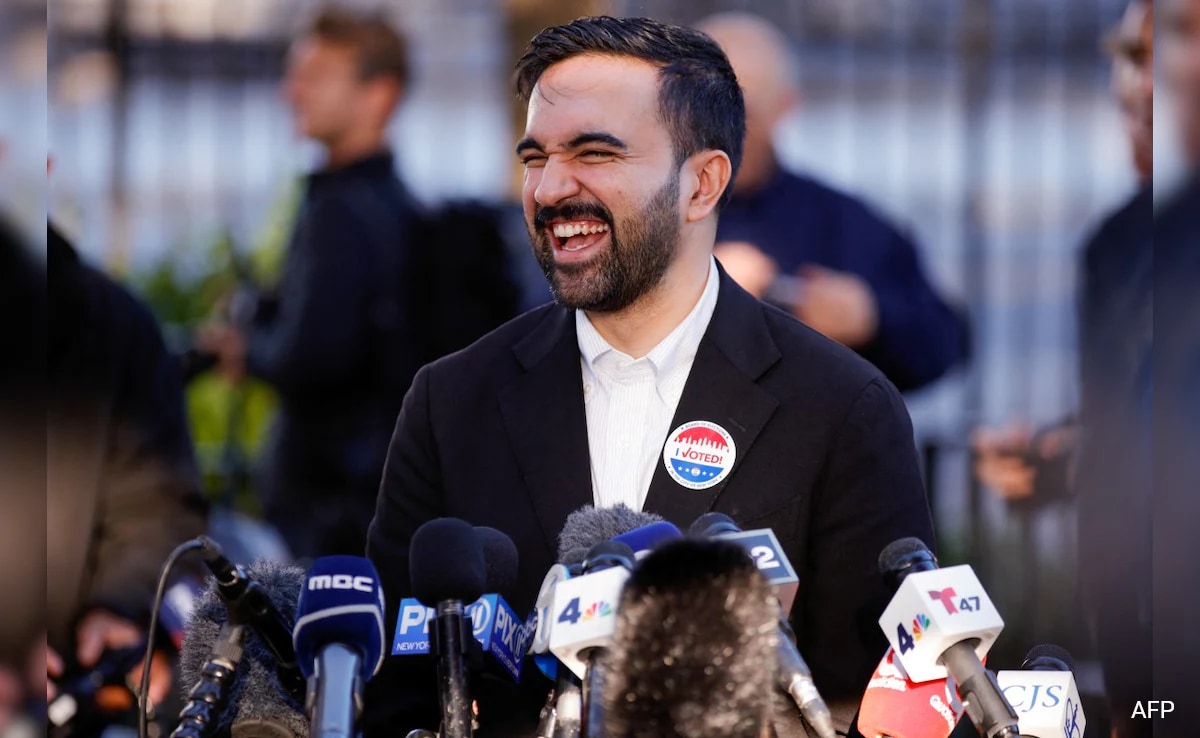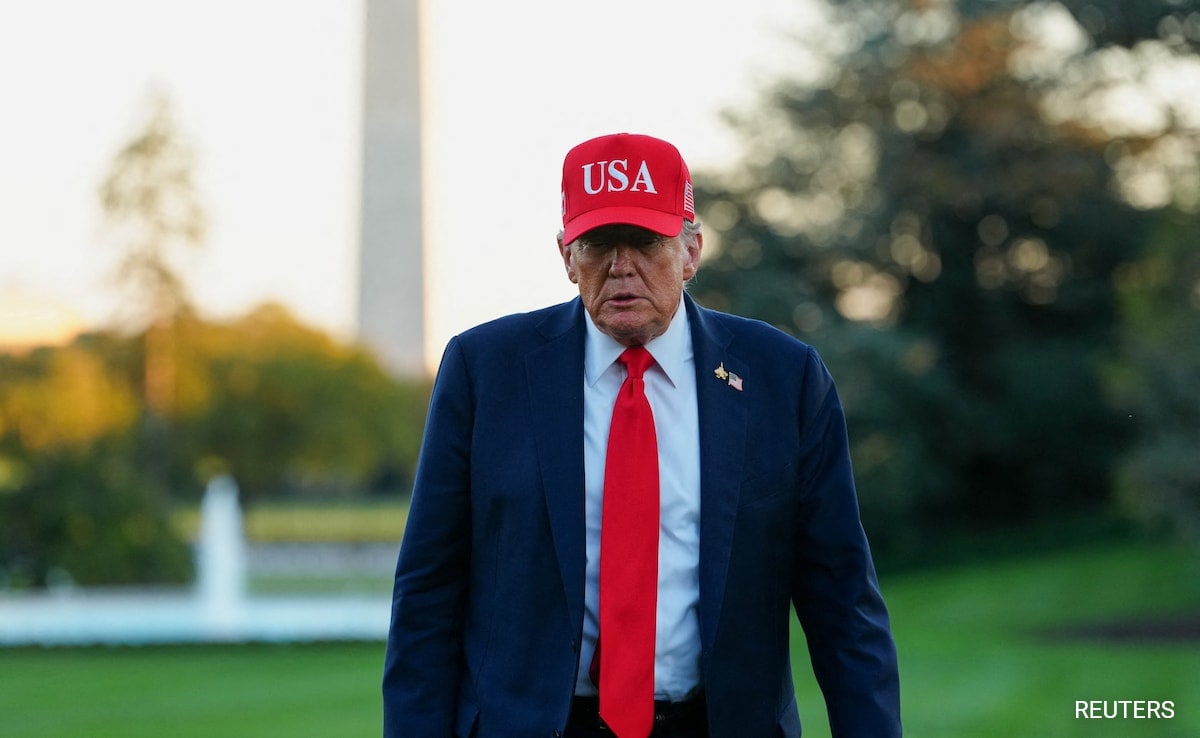Duwa Lashi La, acting president of the National Unity Government (NUG), made the declaration in a video posted to Facebook on Tuesday. The NUG claims to be the rightful government of Myanmar, and is widely supported in the country of 54 million. It consists largely of ousted lawmakers and others affiliated with former civilian leader Aung San Suu Kyi and her party, the National League for Democracy (NLD).
âToday ⦠we launched a peopleâs defensive war against the military junta,â he said in the address. He called on citizens to ârevolt against the rule of the military ⦠in every corner of the country.â
Duwa Lashi La said his group was also calling on those working with the government, including civil servants, to immediately abandon their posts and join the resistance. He ordered militias aligned with the NUG to target the military junta and its assets across the country . The NUGâs Defense Ministry also released a code of ethics for fighters, which include instructions not to torture or sexually assault enemy troops.
After the declaration, protests and intensified fighting flared in parts of the country, and panic buying took hold in major cities. More military troops also began patrolling streets and intersections in Yangon, Myanmarâs largest city. But the shadow governmentâs intervention was largely celebrated by activists and members of civilian-led militias, who say they have been waiting for the call to wider, coordinated action.
âPeople have been severely suffering at the hands of military terrorists,â said Ko Htet Wai, an environmental activist who is part of the Bamar Peopleâs Liberation Army, a civilian militia. âSuch a call for a defensive war by the NUG will encourage those who have been fighting the military separately to stand under one banner, and become a stronger force.â
Myanmarâs military, known as the Tatmadaw, seized power on Feb. 1, detaining Suu Kyi and other key members of the democratically elected NLD government, whom they later charged with treason and other crimes. The military, led by commander in chief Min Aung Hlaing, claims that the NLD won elections last year fraudulently, but has provided little evidence, and has pledged to hold a fresh vote.
The coup ended a tenuous power-sharing agreement between the military and the civilian-led government, and returned Myanmar to direct military rule after a short experiment in nominal democracy. It also triggered a nationwide uprising, which has been met with lethal force and mass detentions by security forces. United Nations officials and human rights groups say the militaryâs actions amount to crimes against humanity.
Both the security situation and trust in the military government have deteriorated in recent months with the spread of the delta coronavirus variant, pushing Myanmar, its economy and its health care system closer to collapse.
The international communityâs response has largely been led by the Association of Southeast Asian Nations (ASEAN), which named an envoy to deal with the situation. The envoy, a diplomat from Brunei, has not been granted access to the country. Western sanctions, including those imposed by the United States, have done little to change the calculus on the ground. ASEAN and others have pushed for a cease fire, but Myanmarâs military has not honored promises to end hostilities.
Against this backdrop, increasing numbers of people in Myanmar have turned to violence. Tens of thousands are estimated to have completed military training in areas controlled by ethnic armies that have been fighting the Tatmadaw for decades in the countryâs border regions. The military is now fighting on multiple fronts, including these long-standing conflicts against ethnic armed groups and now against the new civilian-drawn militias.
Duwa Lashi La, in his declaration, said Myanmarâs people have no choice but to take such actions, faced with the militaryâs atrocities.
âI believe that our neighboring countries, ASEAN countries, the United Nations and all other countries around the world understand that we do it out of necessity, based on our countryâs current situation,â he said.
.png)











 English (United States) ·
English (United States) ·  Turkish (Turkey) ·
Turkish (Turkey) ·